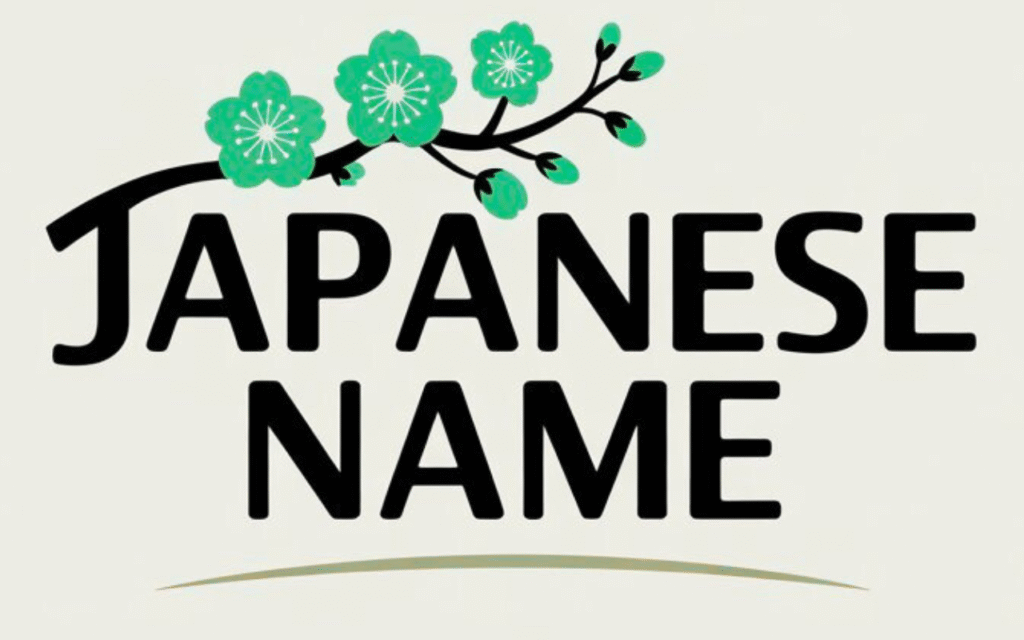What makes a name unisex in Japanese?
Unisex names typically have neutral-sounding readings and kanji whose meanings do not strongly indicate a specific gender. Modern naming practices and evolving social norms have increased the number of widely accepted unisex names.
Key considerations
Sound & reading
Short, balanced readings (one to three syllables) tend to function well across genders and languages. Examples: Sora, Ren, Aoi, Yuu.
Kanji meaning
Choose kanji based on the meaning you want — nature, virtue, clarity — not gendered concepts. For instance, 空 (sky) or 海 (ocean) are neutral and widely appealing.
Practical checklist
- Decide if neutrality is your goal or if you prefer subtle leaning (more traditionally masculine/feminine kanji).
- Prefer common kanji to avoid input and registration issues.
- Say the full name aloud with the surname — does it feel balanced?
- Consider likely nicknames and how they might affect gender perception.
- Verify kanji legality if you plan to register the name in Japan.
Common neutral kanji & what they convey
空 (Sora)
Sky — openness, freedom.
海 (Kai / Kaito)
Ocean — depth, calm, vastness.
葵 (Aoi)
Hollyhock — botanical and poetic.
光 (Hikari / Mitsu)
Light — brightness, hope.
結 (Yui)
Connect — bonds and relationships.
悠 (Yu)
Calm, distant — composure and longevity.
Examples & variants
Sora — 空
Ren — 蓮 / 廉 / 恋
Aoi — 葵 / 碧 / 青
Yuu / Yu — 優 / 友 / 祐
Cultural notes
Naming trends move. Some names that were once gendered shift over time. Family considerations (e.g., generational kanji) and local norms may influence whether a name feels unisex within a community.
